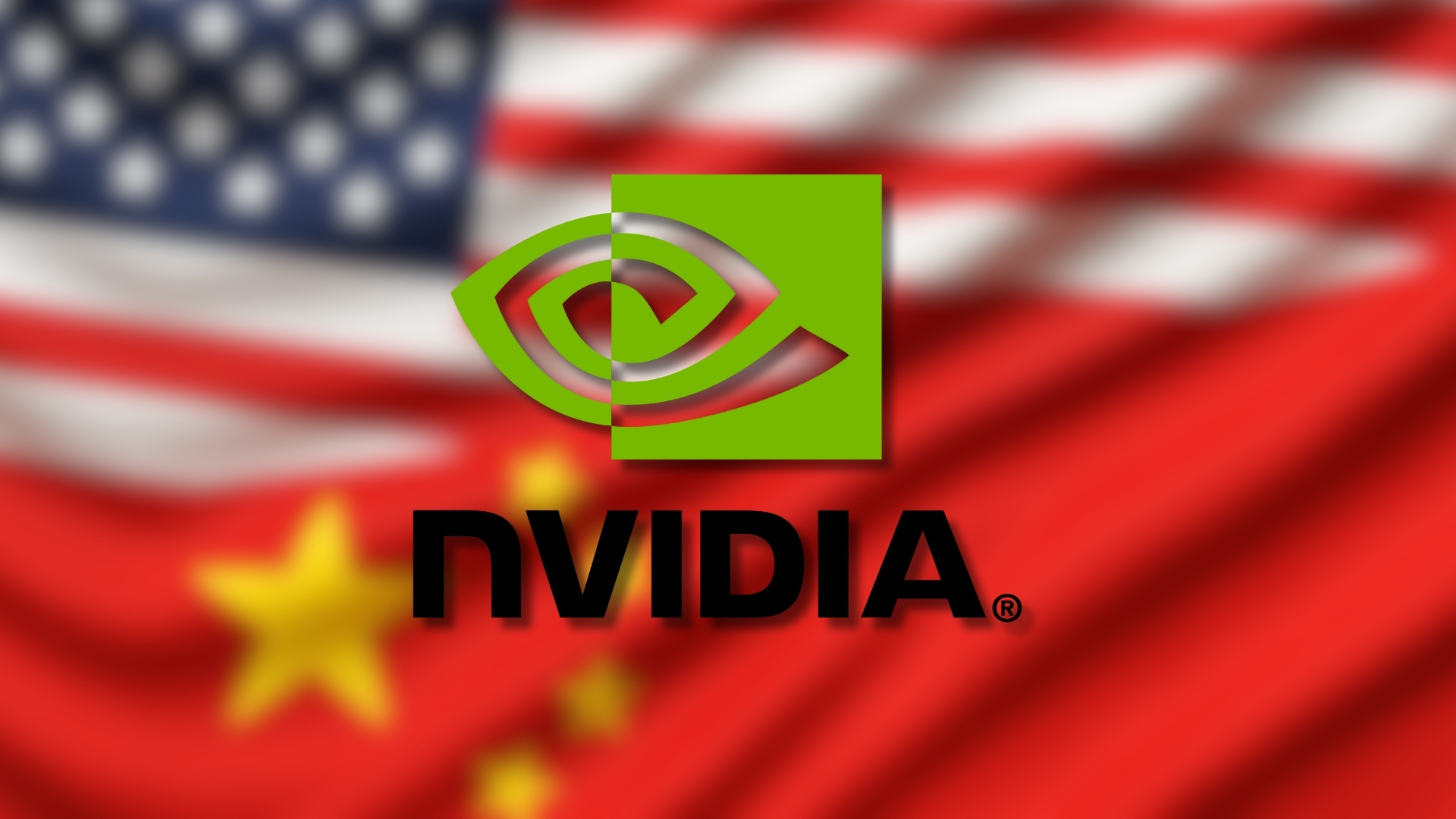Florida lawmakers are preparing a sweeping AI Bill of Rights as political debates intensify. Senator Tom Leek introduced a proposal to provide residents with clearer safeguards while regulating how firms utilise advanced systems across the state.
The plan outlines parental control over minors’ interactions with AI and requires disclosure when people engage with automated systems. It also sets boundaries on political advertising created with AI and restricts state contracts with suppliers linked to countries of concern.
Governor Ron DeSantis maintains Florida can advance its agenda despite federal attempts to curb state-level AI rules. He argues the state has the authority to defend consumers while managing the rising costs of new data centre developments.
Democratic lawmakers have raised concerns about young users forming harmful online bonds with AI companions, prompting calls for stronger protections. The legislation now forms part of a broader clash over online safety, privacy rights and fast-growing AI industries.
Would you like to learn more about AI, tech and digital diplomacy? If so, ask our Diplo chatbot!










